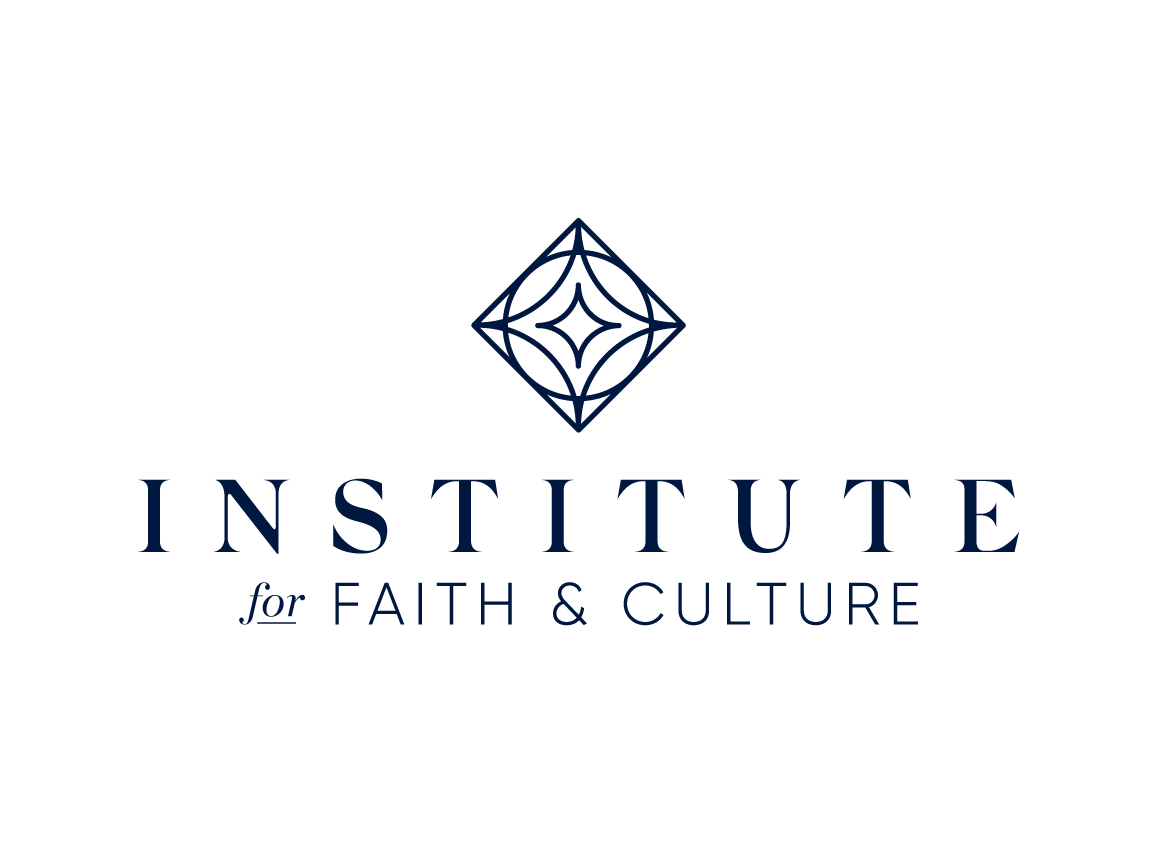Ethics and Moral Philosophy
Although the salvation wrought by Jesus is by grace alone and through faith alone, he affirmed the significance of the moral law woven into creation’s order. By affirming the Ten Commandments (which paved the way for the development of civil law in Western society) and by revealing their deeper application, he pointed society towards a love-based interpretation of adherence to those laws. Can you imagine Western law and society deprived of Jesus’ interpretation?
Other teachings of Jesus such as the Sermon on the Mount, have been pivotal in shaping the moral compass of Western civilization. In a world without Jesus, principles like forgiveness, compassion, and turning the other cheek might not have become as ingrained in societal values. Community structures, too, would likely have evolved along different lines, perhaps more aligned with political or familial ties rather than religious fellowship.
Art, Architecture, and Music
Imagine our world without the majestic artwork inspired by the life and ministry of Jesus: the Byzantine era’s majestic mosaics depicting scenes from the Bible; the Romanesque sculptures and frescoes depicting Jesus’ crucifixion and Second Coming; the Gothic cathedrals with their soaring spires and stained glass windows; and the Renaissance era’s fusion of Christian themes with humanism (e.g., da Vinci’s “The Last Supper” and Michelangelo’s Sistine Chapel masterpiece). Similarly, architecture: try to envision the world landscape without marvels like the Notre-Dame Cathedral or Saint Peter’s Basilica. Still again, try to conceive of the musical realm deprived of Handel’s “Messiah” or John Newton’s “Amazing Grace.” These great works—and many others—were focused like a laser on the person and work of Jesus Christ.
Literature
Similarly, the literary realm would be a pale shadow of itself if Jesus had never been born. Without his life, death, and resurrection, the New Testament would never have been written, the Old Testament never given global attention, with the Bible’s stylistic characteristics thus never bequeathing to the literary world its narrative techniques, symbolism, and moral storytelling. Further, without Christian monasteries, the great works of ancient Greece and Rome likely would never have been safeguarded and translated for posterity. What’s more, without Christian writers such as Dante, Chaucer, and Milton, the tradition of epic narrative wouldn’t have been perpetuated. Still again, bereft of Christian novelists such as Tolstoy and Dostoevsky, the tradition of modern fiction would lack the moral rigor and ethical nuance we have come to expect.
Scientific and Educational Advances
It is often overlooked how Christianity and the Church played a crucial role in the development of modern science. Scientific scholars acknowledge that modern science emerged among theologians, monks, and professors in Medieval and Renaissance Christian universities and monasteries. Luminaries such as Copernicus (astronomy), Bacon (scientific method), Pascal (geometry), Maxwell (physics), and Lavoisier (chemistry) paved the path for contemporary scientific advances. Thus, it is quite ironic that unbelievers often accuse Christianity of being anti-science or argue that the historic relationship between science and Christianity is coincidental. Quite the contrary.










